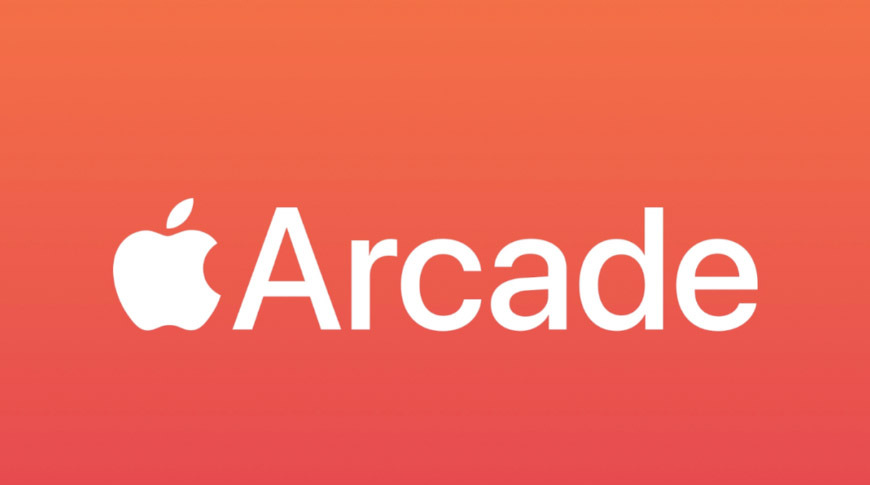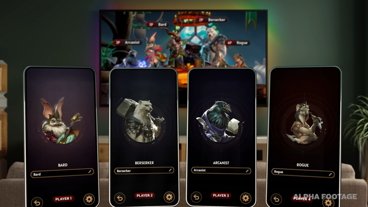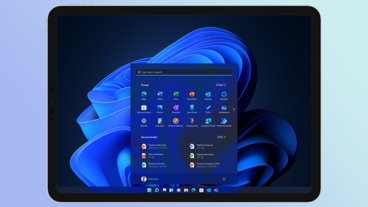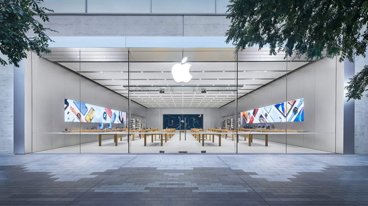Apple is facing increased scrutiny as Google's Stadia, Microsoft's xCloud, and Nvidia's GeForce Now are restricted or are barred entirely from reaching iPad and iPhone users.
Apple places strict limits on what sort apps make it into the App Store. App Store guidelines state that an app can't rely on streaming from the cloud. This means cloud-based gaming services from Google Stadia, Nvidia GeForce cannot be hosted on the iOS App Store, and Microsoft will face some limitations.
Apple Arcade, on the other hand, is not streaming-based. With Apple Arcade, users must download the games from within the Arcade tab in the App Store.
Third-party games are also not allowed, according to the App Store guidelines, according to a line that reads "games offered in a game subscription must be owned or exclusively licensed by the developer." This would allow Microsoft's xCloud on iOS to provide games like Halo that it has developed in-house, but nothing from developers like Konami or Bandai Namco.
And all-you-can-play services are banned as well. Apple requires that "each game must be downloaded directly from the App Store," rather than a catalog of games. Apple does, however, allow catalogs for apps like magazines, music, videos, and books.
"There's a fraught relationship between developers and Apple precisely because of rules like this," David Barnard, a longtime independent developer and advocate at RevenueCat told Bloomberg "In some ways, I am incredibly grateful to their marketplace for helping me make millions of dollars I wouldn't have made without it. On the flip side, them being so heavy handed at times does kill apps and does cause developers to miss out on other potential revenue."
The numerous restrictions have begun to raise antitrust concerns, which has become familiar territory for Apple.
The Department of Justice has been interviewing developers as part of an antitrust probe into major tech companies and their control over digital marketplaces, and whether they are competing fairly. Companies like Spotify and Tile have stated that Apple's preferential treatment for their own products makes it difficult to compete against Apple.
However, Apple's "no cloud-based streaming" policies were in place before services like xCloud and Stadia existed.
"I don't see it cutting one way or the other," said David Reichenberg, an antitrust lawyer at Cozen O'Connor.
As a response, Apple claims that there's plenty of competition to its apps. GameClub, for example, provides a similar service to Apple Arcade. Both services cost $4.99 and give users access to vast libraries of ad-free, IAP-free games.
 Amber Neely
Amber Neely







-m.jpg)






 William Gallagher
William Gallagher
 Andrew Orr
Andrew Orr
 Mike Wuerthele
Mike Wuerthele
 Bon Adamson
Bon Adamson
 Marko Zivkovic
Marko Zivkovic
 Wesley Hilliard
Wesley Hilliard






-m.jpg)



4 Comments
A. Apple Arcade isn't direct competition for streaming services. Apple isn't trying to sell the same games that they do. Those services are focused heavily on mainstream PC/console titles. Apple Arcade is not.
B. Game streaming apps that make use of console/PC games that have been individually purchased on those platforms are already available on iOS.
C. Game streaming services aren't really commercially mature. PS Now is the one that's been around the longest and it didn't reach a million subscribers until 2019.
Apple is being subjected to antitrust scrutiny over products that do not hold a monopoly or even dominant player position in the industry. Think about that.
What is happening is all these companies complaining about being excluded are saying "Apple's products are so good that even though they don't have a dominant market share, they have attracted the most desirable customers and we want the government to force Apple to let us in on the action."
In effect, they are demanding that the government punish Apple's success (which unlike Google, Facebook, Amazon, or Microsoft Windows) was attained by selling extremely high quality products or services rather than through monopoly positions. Just look at Spotify. On one hand boasting that they are beating Apple in music streaming and on the other hand, and with a straight face, complaining that Apple is acting like a predatory monopolist. How dissonant can one's cognition get?
Using profit share rather than market share as a yardstick for antitrust enforcement. This is a new theory of antitrust. It goes against the very principle that the free-enterprise system is based on: rewarding people who build and sell the better product. Furthermore, it is dangerous to our long term economic well-being because it punishes companies who focus their efforts on making sure they sell the best product available rather than on making sure they are sell the only product available.
Apple set the rules and even Apple is following their own rules for Arcade. What's the problem?
And I'm betting these companies want their platforms on the App Store without paying a penny! I'd love to see the anti-Apple apologists explain how this one's fair or if Xbox would allow me to sell my games on their consoles without paying them."In some ways, I am incredibly grateful to their marketplace for helping me make millions of dollars I wouldn't have made without it. On the flip side, them being so heavy handed at times does kill apps and does cause developers to miss out on other potential revenue."
How entitled can you be?
"App Store guidelines state that an app can't rely on streaming from the cloud." I'm pretty sure this rule must only apply to games, because I seem to recall apps for Google Drive and OneDrive (and many others) that "rely on streaming [data] from the cloud."